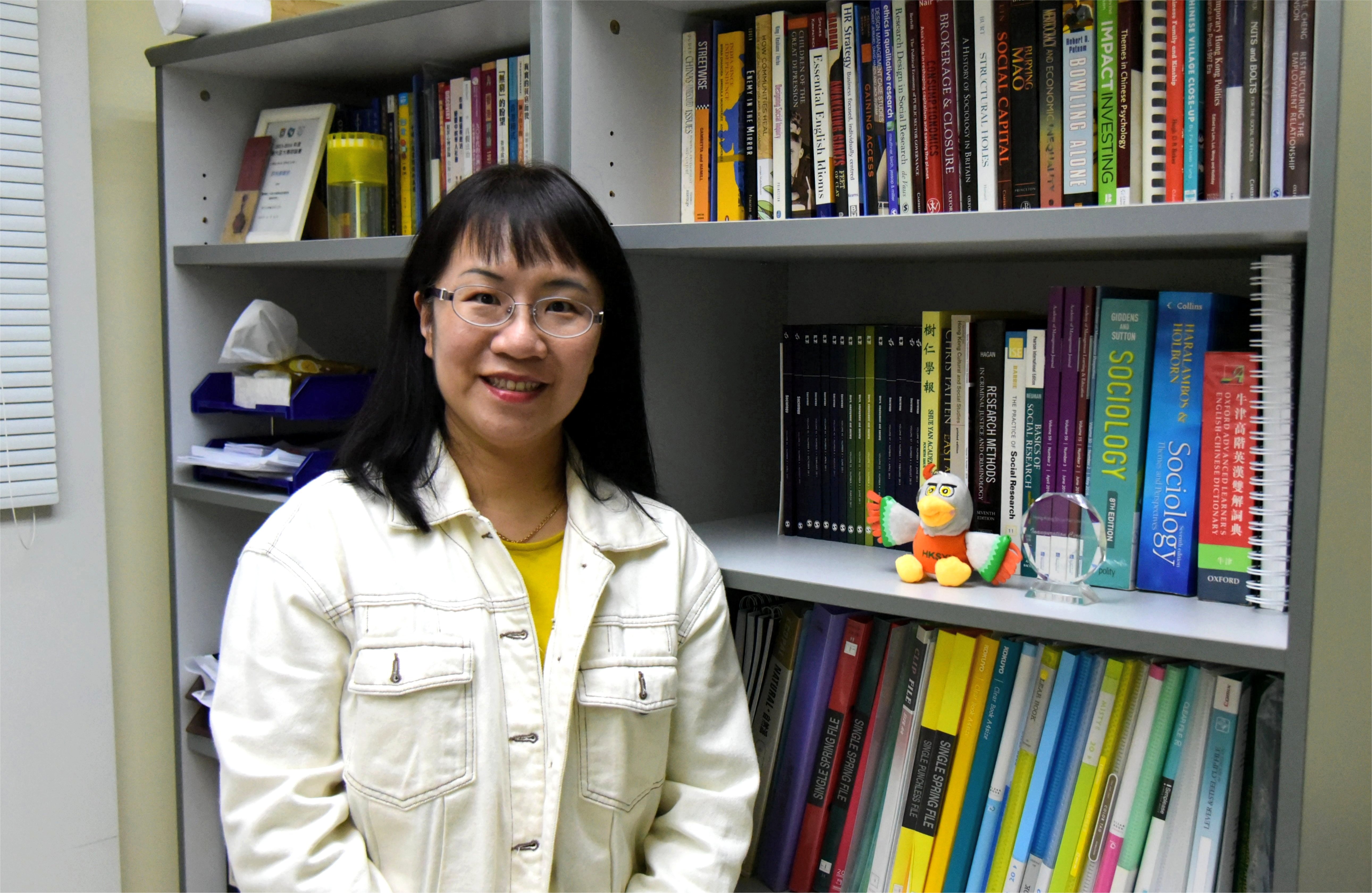Project Title: How do Ethnic Minorities Cope with Cancer in Hong Kong: The Role of Public Health Services, Social Network and Religion
Principal Investigator: Dr. LAU Flora Pui-yan (Associate Head and Associate
Professor)
Funding Source: 2021/22 Competitive Research Funding Schemes for the Local Self-financing Degree Sector – Faculty Development Scheme (FDS) of the Research Grants Council (RGC)
Amount of Grant: HK$947,631
Project Duration: 24 months
This study of Dr. LAU Flora Pui-yan aims to examine how ethnic minority cancer patients in Hong Kong and their primary caregivers cope with the problems arising from cancer, and to analyse the roles of their social networks and religious beliefs during the treatments. She hopes that the result of this study will promote the awareness of Hong Kong citizens on cancer issues among the ethnic minorities, improve access to treatment for the ethnic minorities, and improve cancer care policies in Hong Kong.
Personal Experience
Dr. LAU Flora Pui-yan mentioned in an interview with Shue Yan Newsletter that she had suffered from cancer in her early years, and since she underwent a series of long and arduous cancer treatments and met many fellow patients in the process, she has paid more attention to cancer issues. She explained that cancer treatments in Hong Kong usually involve surgery, chemotherapy (a type of drug treatment), targeted therapy, or radiation therapy which is often abbreviated as RT. However, since the cultures, religions and languages of ethnic minorities are different from the local mainstream Chinese, using these treatments could sometimes be problematic. Some western studies have pointed out that common problems ethnic minorities encounter in healthcare services include: inadequate “health literacy”, language barriers or lack of communication with medical professionals, mistrust of medical services, and treatment methods that are contrary to their religious beliefs. This often results in lower levels of treatments for ethnic minority cancer patients and inadequate palliative care services for terminally ill patients.
Dr. LAU said that since there are very few studies on the ethnic minority medical policies in Hong Kong, it is hoped that this study will bring the topic of medical care into the study of ethnic minorities. Research Method Dr. LAU will address the following questions through this study: Is there any cultural competence in cancer treatment in Hong Kong? What are the needs of ethnic minority cancer patients and their primary caregivers? How can they effectively meet these needs? How do their social networks and religious beliefs help them to cope with cancer?
Dr. LAU said that this study will primarily use qualitative in-depth inter views, and 70 people from different backgrounds will be expected to be inter viewed: 30 South Asian cancer patients (mainly Pakistani, Nepalese, and Indian) and their primary caregivers, and 10 medical professionals including oncologists, medical social workers, and medical personnel of patient support groups in public hospitals. She will approach the interviewees through voluntary medical care organisation, frontline healthcare workers, religious groups, and her personal networks.
“I hope this study can contribute to the following two aspects: Firstly, to bring this important but under-explored topic into the study of local ethnic minorities while providing academic insights into social network study. Secondly, the findings of this study will help improve the existing cancer care policies in Hong Kong, especially in the area of palliative care for the ethnic minorities in Hong Kong,” Dr. LAU said.
Source: March and April 2022 Combined Issue
